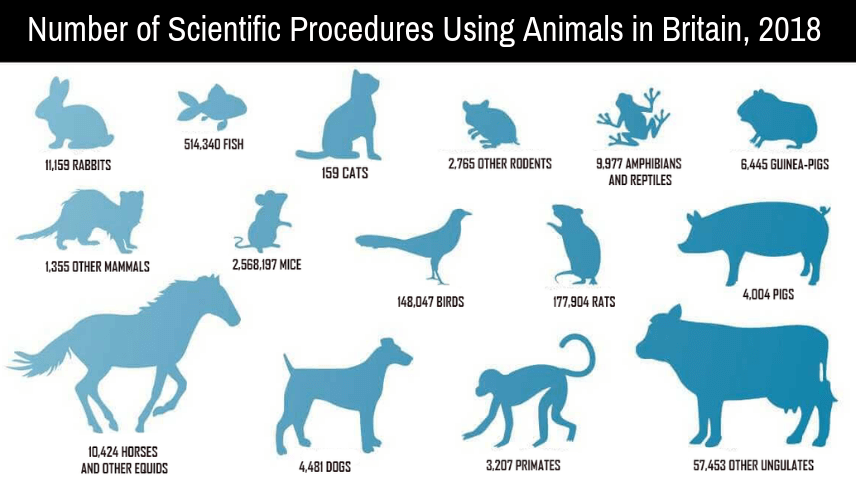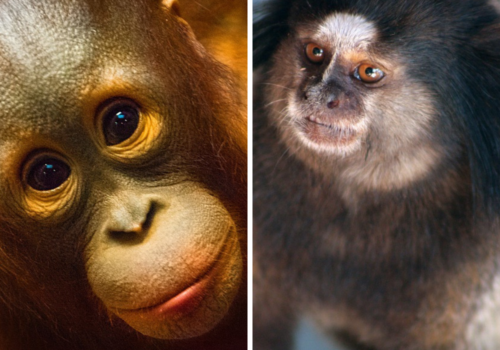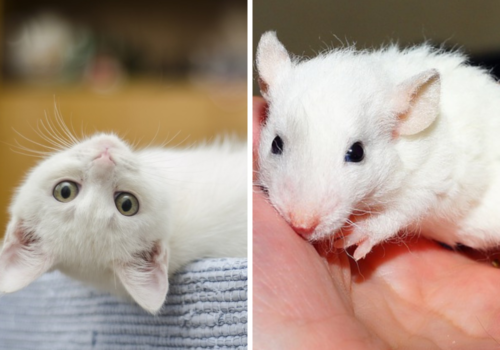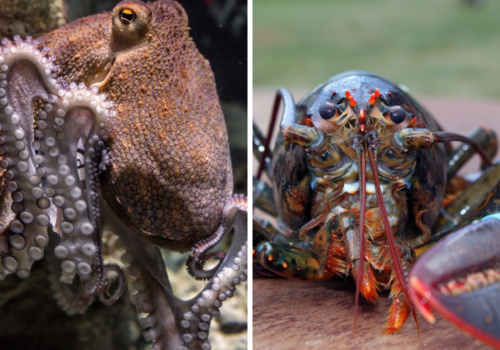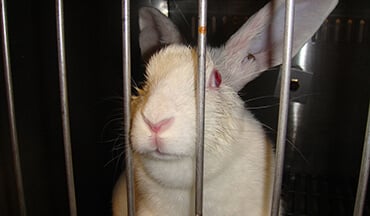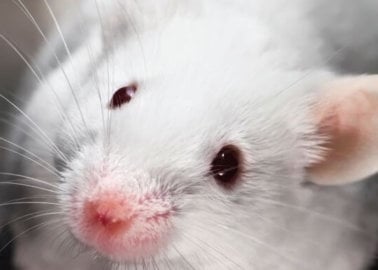Speciesism Pervasive in British Laboratories: 3.52 Million Procedures Using Animals in 2018
Figures published by the Home Office reveal that 3.52 million procedures were conducted on animals in Great Britain in 2018 alone.
Experiments using mice, rats, and fish – who are used principally because they’re inexpensive, easy to handle, considered by experimenters to be expendable, and carry less “sentimental value” compared to other species – account for a staggering 93% of all procedures using animals.
PETA is calling on the government to commit to phasing out all experiments on any animal and to redirecting resources away from these unreliable tests. Investing in superior, non-animal methods will benefit humans, animals, and the future of science in the UK.
It’s unconscionable that humans still imprison, experiment on, and kill any animal in laboratories.
These shocking figures paint a grim picture of an archaic system in which experimenters repeatedly drug, poison, and surgically mutilate certain animals more frequently and severely than others before ultimately killing them. All the animals in the image above can feel pain and have the same capacity to suffer, and not one individual should be condemned to a life of torment and misery.
Speciesism in British Laboratories
The UK law regulating the use of animals in experiments, the Animals (Scientific Procedures) Act 1986, is inherently unethical and speciesist. Species such as mice, rats, and fish are afforded less legal protection than the meagre protection afforded cats, dogs, horses, and primates – despite having the same capacity to suffer – so experiments in which they’re used receive even less oversight.
Below are three examples of speciesism in British laboratories:
1. Experiments on orangutans are banned, but marmosets are bred to be tormented in laboratories. The British government decided that experimenting on great apes (chimpanzees, gorillas, bonobos, and orangutans) should be banned as a matter of morality, arguing that the “cognitive and behavioural characteristics and qualities of these animals mean it is unethical to treat them as expendable”. Yet other primate species, like marmosets, are bred specifically for use in all sorts of curiosity-driven tests.
2. Cats are given additional legal protection, while rats are killed in the thousands.
Cats, dogs, horses, primates, and endangered species are given certain added protections over other species, meaning that they can be used only if no other animal will suffice, even though they all have the capacity to suffer.
3. Lobsters aren’t even considered under the law, but octopuses receive some protection.
There are no limitations on what can be done to them, despite evidence that these animals can suffer.
What Is Speciesism?
Speciesism is the worldview that other species are commodities for humans to use as we please. University of Oxford researchers recently likened speciesism to other prejudicial attitudes, such as racism, sexism, and homophobia.
It’s clear that UK legislation is inherently speciesist, since the level of protection afforded to animals can vary – to the extreme of offering no protection at all – depending on whether they’re born with a backbone, feathers, fins, or feet. And this human-supremacist line of “reasoning” is used to defend treating other living, feeling beings like test tubes, even though they all share our capacity for pain, fear, loneliness, love, joy, and excitement and have as much interest in freedom and survival as humans do.
How You Can Help Animals Suffering for Experiments
Experimenting on animals is not only morally bankrupt but also scientifically irrelevant. A review published in The BMJ found that “even the most promising findings from animal research often fail in human trials and are rarely adopted into clinical practice”. For the benefit of humans and animals, please join us in calling on the government to commit to phasing out all experiments on any animal:

